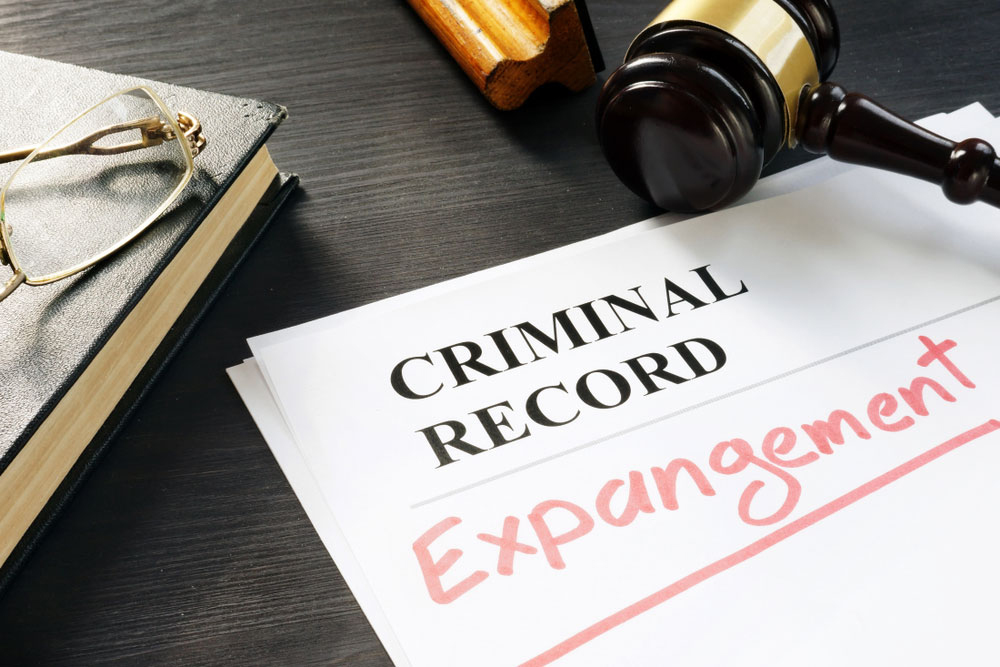A criminal record can have long-lasting consequences, affecting your ability to find a steady job, earn promotions, secure housing and make a fresh start in your life. Even decades-old convictions for crimes like DUI, theft, embezzlement, shoplifting, domestic violence, robbery, assault or battery can raise red flags for potential employers or landlords – regardless of how much you’ve changed.
Fortunately, California offers one of the nation’s broadest laws for clearing criminal records, allowing courts to expunge some convictions. However, there are exceptions.
California’s Expungement Law
Under California Penal Code § 1203.4, some misdemeanor and felony convictions may be eligible for expungement. If granted, expungement allows you to:
- Withdraw your guilty or no contest plea
- Have a guilty verdict set aside
- Have the case dismissed, releasing you from most penalties and disabilities resulting from the conviction
To qualify for expungement, you must:
- Have completed your sentence, including probation
- Not be serving a sentence or facing new charges
- Not have been re-arrested within the required waiting period
In addition, the recently passed Senate Bill 731, also called the “Clean Slate law,” expanded eligibility for record clearance. As of mid-2023, Californians with most felony convictions – including many violent crimes – can request expungement if they have served their sentence and gone at least two years without a new arrest.
Felonies That Cannot Be Expunged in California
While California’s expungement law is broad, sex offenses remain the primary category of crimes that are not eligible.
Generally, you cannot expunge:
- Any felony requiring lifetime sex offender registration under Penal Code § 290
- Serious sex crimes involving children, such as lewd acts with a minor, statutory rape involving a minor under 16 and a defendant over 21 and continuous sexual abuse of a child
These restrictions reflect public policy concerns around protecting vulnerable populations and ensuring that certain convictions remain accessible to law enforcement and relevant agencies.
What an Expungement Does – and Doesn’t – Do
If you successfully have your felony expunged, private parties like employers and landlords generally cannot see the conviction when they run a background check. In most private employment contexts, you can legally state that you have not been convicted of an offense.
However, expungement does not destroy or erase the conviction – it will still exist in court records, and some government agencies can see it. It also won’t remove the conviction for immigration, firearms rights, applicable sex offender registration obligations or certain professional licensing requirements.
Why You Need Legal Guidance
California’s expungement process is not automatic. You must convince the court that you meet all eligibility requirements and that expungement would serve the interests of justice.
With over 45 years of criminal defense experience, Ronald Brower has successfully helped clients across California clear their records and reclaim their futures. He can help by:
- Reviewing your criminal history to confirm eligibility
- Preparing and filing a persuasive expungement petition
- Representing you in court hearings, if required
- Advising you on other forms of post-conviction relief
Clear Your Record and Move Forward
If you have a felony conviction in California, you may have more options for relief than you think. While some serious offenses must remain on your record, many others – including some violent crimes – are now eligible under the expanded law.
Contact Brower Law today to learn if your felony conviction qualifies for expungement.

